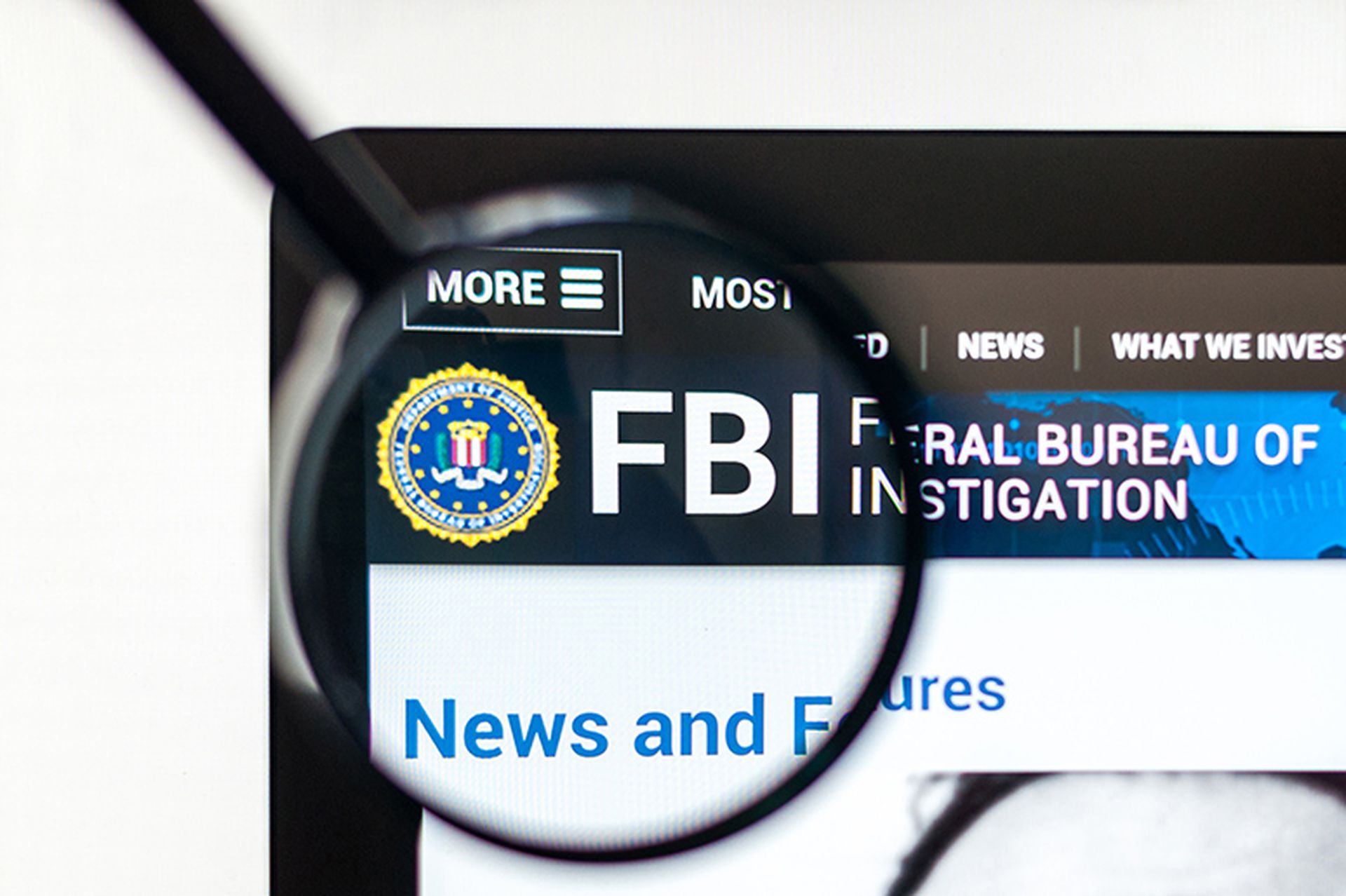A subgroup of the U.S. Department of Homeland Security is warning companies that the energy sector has increasingly been targeted by brute-force attacks.
Hackers using some 50 IP addresses have attempted to infiltrate the process control networks belonging to natural gas companies, according to a recent newsletter (PDF) from the Industrial Control Systems Cyber Emergency Response Team (ICS-CERT).
The campaign leveraged brute-force attacks – where saboteurs routinely run through a list of passwords or characters to gain access – against mostly companies in the Midwest and Great Plains that operate gas compressor stations, from February 22 through March 8. None of the attacks were successful, however.
The newsletter also said that between October and May, ICS-CERT responded to more than 200 incidents targeting the critical infrastructure sector, and more than half the incidents, 53 percent, occurred against energy companies.
In most cases, attackers used watering-hole attacks, where hackers infect websites frequently visited by their targets, as well as SQL injection and spear phishing attacks (targeted email ruses designed to get victims to click malicious links or attachments).
Lila Kee, a member of the North American Energy Standards Board, which promotes security standards for the natural gas and electric industry, told SCMagazine.com on Monday that the energy sector has likely been targeted more than other critical infrastructure operators because of the widespread impact a successful attack could have on the country.
“If you look at what can cause the most devastation if there was a successful attack, the devastation could be much greater than in some of those other critical infrastructure [sectors],” Kee said.
While the reports earlier this year from gas compressor stations were a “success story” – showing how the government and private sector can partner to better mitigate risks – Kee also said that increased attacks suggest a need for security standards that are specific to industries within the critical infrastructure sector, which supports the country's vital operations, such as gas production, water, transportation and financial services.
“We want to be able to respond to attacks as quickly as possible, but we also want to make sure we put measures in place to prevent these attacks,” Kee said, adding that standards that are “very specific to the wholesale electric industry” were necessary to thwart future campaigns.



